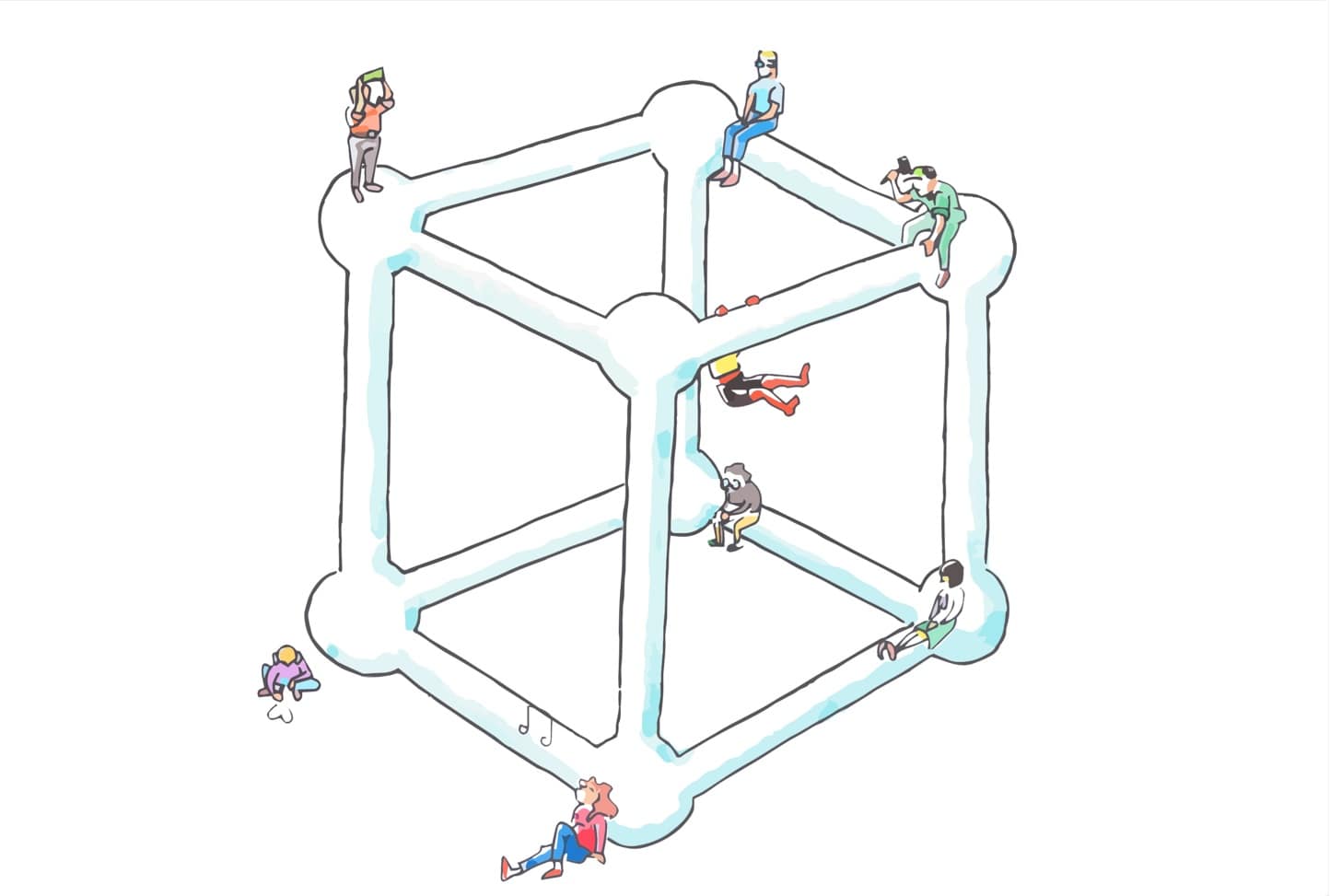
An invitation to master Writing Skills
I said it at a recent event for BSS PhD students, but I’ve never had a chance to address all of the bachelor and master students at the same time: “consider yourself welcome.” Indeed, you are explicitly invited to join me next year in the master-level Writing Skills course. Although technically a skills course for the Reflecting on Psychology master, it is open to everyone at the master level and higher. That’s because everyone benefits from reflecting on their writing process, and a greater diversity of voices improves everyone’s capacity to think beyond their own narrow horizons.
The primary learning objective is straightforward: to stop writing “like a psychologist” (following the APA’s generalization of the American school system’s five paragraph theme), and to begin instead to focus on what your audience needs. This means saying what your reader needs to know, in the way they need to hear it, so that they understand what matters most about the psychological science you have chosen to describe. That also means the course is not about APA Style. Rather, it’s about sharing wonderful ideas.
My goal is to build on the disciplinary structures that you’ve learned to this point. And I want to encourage you to extend them further as you think carefully about how to put the needs and interests of your audience first.
Part of learning this lesson is understanding that there is no single best way to articulate your research results, and that different “voices” and “rhetorics” are available to you that can increase your likelihood and ease of publication, the size of your audience, and the ultimate impact of your work. We do this through assignments that encourage you to reflect on your own practices in relation to those possibilities, supported by collaboration online and in-class, in-depth feedback and workshopping, a portfolio assignment, and a reflection assignment.
Secondary goals include learning to peer review, giving and accepting criticism constructively, and developing high-productivity habits like writing every day (and accepting that “writing” implies “rewriting”). I also take advantage of the opportunity to share high-quality reading materials, written for the public, that have themselves been recognized by great science writers. This last part is especially important, too, although that is perhaps counterintuitive for a writing course.
If ya ain’t readin’ good works, then ya ain’t gonna get better at writin’ neither.
It’s harder to improve your prose if you aren’t already reading tasteful texts. The assignments, my detailed feedback, and your colleagues’ collective peer reviews are then intended to draw attention to those aspects of your work that can be hard to see otherwise: verbal tics that become invisible over time, and bad habits that are hard to break. I also share the tricks that I have used in my 15-year career as a professional writer. (This is counting from when I was first hired as an associate producer at the Canadian Broadcasting Corporation, not from when I helped to create a terrible board game back in the ’90s.)
My higher-order goal, of course, is to help our department’s apprentice-writers become publishing authors. This is also why I joined the editorial board of Mindwise. The course then provides a bridge between “writing as a student” and “writing as a professional in the field,” with Mindwise as a venue offering opportunities for additional mentorship. (Participation is not required for the course; rather, it’s enrichment that I encourage you to pursue.) I am also working to set up an internship in Science Writing for the Reflecting on Psychology master programme, as part of the broader Graduate Programme’s move toward more practical education, if that career path appeals to you.
In terms of prior knowledge, the course builds directly on the skills learned in the bachelor. As a result, I aim to show that the way “writing in psychology” is typically presented reflects the broader context in which APA Style was developed. I explain why the Style Guide affords the order that it does—introduction, methods, results, discussion, and conclusion—and how this can be manipulated in more complex pieces without breaking the underlying logic that informs it. Indeed, I show how the rules can be bent in ways that will improve your outcomes.
The course content also reflects my approach to developmental trajectories. I have designed a series of exercises that are intended to highlight different aspects of writing, while also encouraging self-reflection. These are all described in the syllabus, which I would be happy to send you if you’re interested.
My intent, ultimately, is to encourage productive risk-taking. There is no penalty for trying something that fails: the portfolio includes a polished version of “the best piece,” which you will choose yourself. It also includes all feedback given and received, to help with self-reflection.
In short: You will write. You will read. You will collaborate. And your writing will improve. If this appeals to you, and you intend to join us next year, please let me know.



